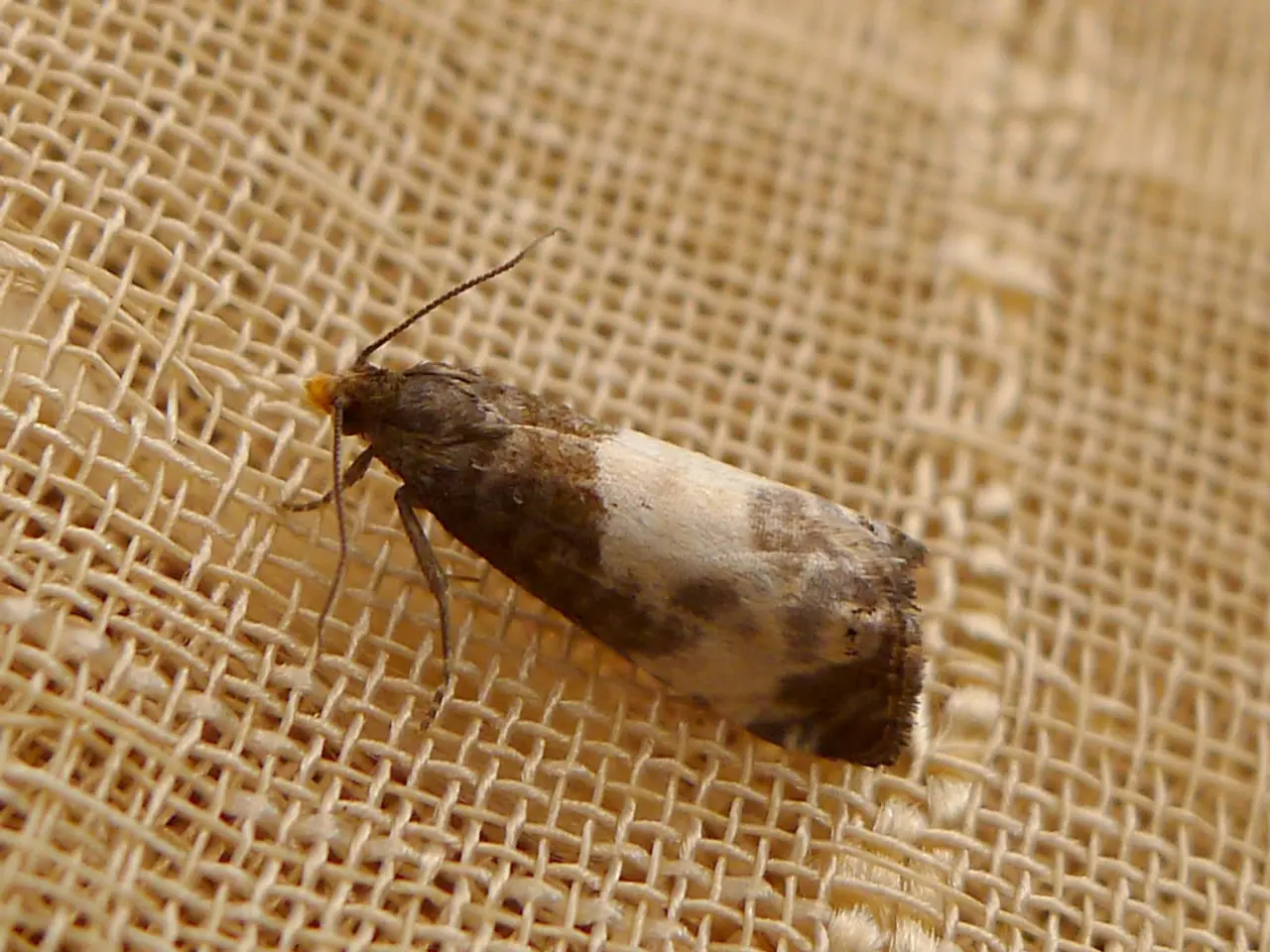Summer garden aphid repellant discovered: Three-dollar baking essential deters pests
In the battle against garden pests, a surprising ally has emerged: cream of tartar. This common kitchen ingredient, known chemically as potassium bitartrate or potassium hydrogen tartrate, offers a safe, cost-effective, and eco-friendly solution for treating and preventing aphid infestations.
Aphids, often referred to as "plant vampires," are small sap-sucking insects from the family Aphididae. They can cause significant damage to gardens by draining fluid from stems and leaves, stalling plant development, and even carrying viral plant viruses that leave honeydew droppings behind for ants and sooty mold.
The benefits of using cream of tartar are numerous:
- Non-toxic and safe: Cream of tartar is gentle enough for kitchen use, making it safe around edible plants and beneficial pollinators.
- Multi-pest repellent: Besides repelling aphids, cream of tartar also helps deter ants and slugs, offering broad garden protection.
- Inexpensive and readily available: Found in many kitchens, it is an economical pest control option.
- Chemical-free: Avoiding harsh pesticides keeps the garden eco-friendly.
When it comes to application, there are two key methods:
- Spray method: Mix 1 teaspoon of cream of tartar with 1 liter of warm water and a drop of dish soap. Spray this mixture generously on affected leaves and stems every two days until aphid colonies recede, usually within a week.
- Barrier dusting: Sprinkle cream of tartar powder directly around vulnerable plants in a continuous 2-inch (5 cm) wide line to deter slugs and other crawling pests by creating an acidic barrier uncomfortable for their skin.
It's important to note that the cream of tartar method may take longer to work on serious infestations. In such cases, it's suggested to use a more powerful chemical agent initially, followed by cream of tartar for continued treatment and long-term prevention.
In addition to its pest-repelling properties, cream of tartar can also be used as a cleaning agent for pots or garden tools. It can treat rust when mixed with lemon juice or vinegar, and form an abrasive paste with water to remove grime and stains.
However, while cream of tartar is beneficial for the garden, it's important to remember that it can lower the pH of soil due to its acidic nature. Therefore, it's crucial to monitor soil pH levels and adjust as necessary to maintain a healthy balance.
Lastly, it's worth mentioning that while cream of tartar is effective in controlling aphids, it's important to preserve the garden's natural balance. Killing off predators like ladybugs and lacewing flies can make it easier for future aphid populations to arrive and thrive unimpeded.
In conclusion, using cream of tartar is a practical, natural, and safe alternative for managing aphids and other soft-bodied garden pests while promoting a healthier garden ecosystem.
Gardening enthusiasts may find cream of tartar a useful addition to their home-and-garden arsenal, as it's not only a versatile kitchen ingredient, but also an eco-friendly solution for managing garden pests like aphids. Additionally, by using cream of tartar in their lifestyle, they can create a safer and healthier home-and-garden environment for beneficial pollinators, while still effectively controlling pests.




